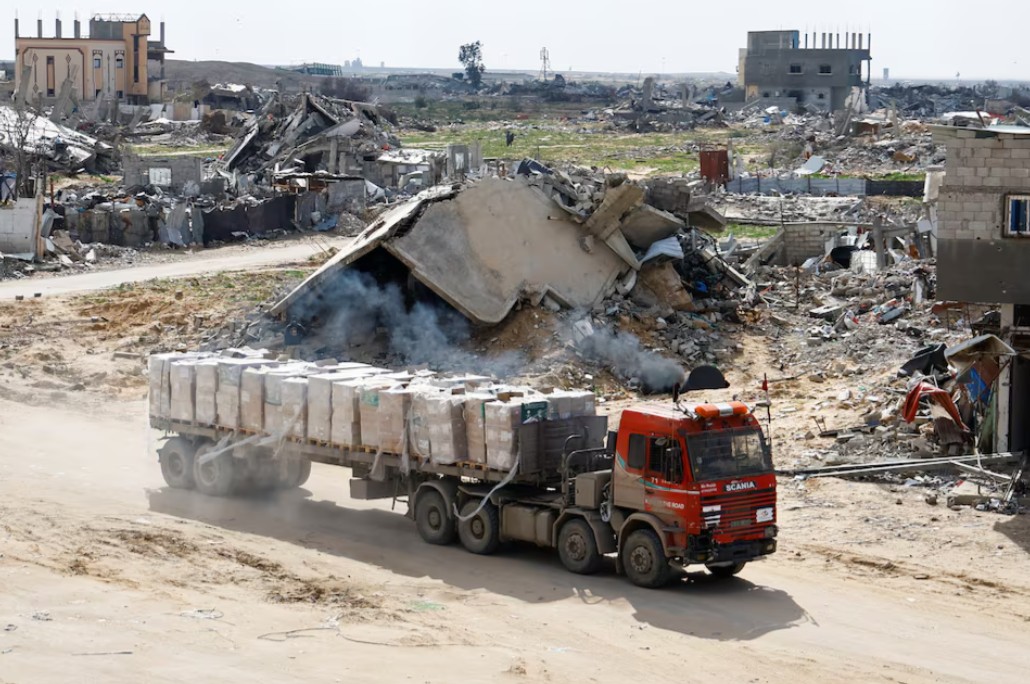Nairobi City County responds swiftly to Eastleigh sludge concern

Locals had complained about the difficulties they were having getting muck removed, and some even said that authorities were demanding bribes.
The Nairobi City County administration has taken measures to resolve the accumulation of sludge in General Waruingi, Eastleigh, that was removed from nearby drainage systems in response to concerns expressed by Eastleigh Voice on Wednesday.
Locals had complained about the difficulties they were having getting muck removed, and some even said that authorities were demanding bribes.
More To Read
- Genetic tests for cancer can give uncertain results: new science is making the picture clearer to guide treatment
- Nairobi women caucus fault Ruto, Raila for scuttling Sakaja's impeachment
- Revealed: Mediated pact that halted Governor Johnson Sakaja’s impeachment
- Lobby calls for Nairobi County dissolution following audit revelations
- Relief for Eastleigh residents as construction begins on Seventh Street after years of neglect
- From fires to missing children: How Eastleigh’s communal spirit responds to crisis
Efforts to reach Nairobi City County officials, the Green Nairobi Executive's office, the Environment Department, and the Solid Waste Collection, Transportation, and Disposal Services Department about the claims had been deemed futile.
City hall officials dispatched a wheeled excavator to the area on Friday to rectify the sludge issue.
The measure will now safeguard the cleanliness and safety of the street, which is home to various hotels, restaurants, banks, and other establishments.
The deteriorating conditions surrounding the area sparked widespread concern, emphasising the significance of keeping a clean environment.
Sludge exposure provides a variety of health concerns, including the spread of infectious diseases caused by bacteria, viruses, and parasites.
Airborne particles from dried sludge can cause respiratory problems, while direct contact can cause skin irritation and allergy symptoms. Furthermore, consuming contaminated water or food crops produced in sludge-amended soil might lead to gastrointestinal disorders.
Heavy metals, such as lead and mercury, in sludge can cause poisoning, and long-term exposure to certain chemicals may raise the risk of cancer.
Proper management and treatment of sludge is deemed crucial to mitigate health hazards and protect both human health and the environment.
Top Stories Today













































